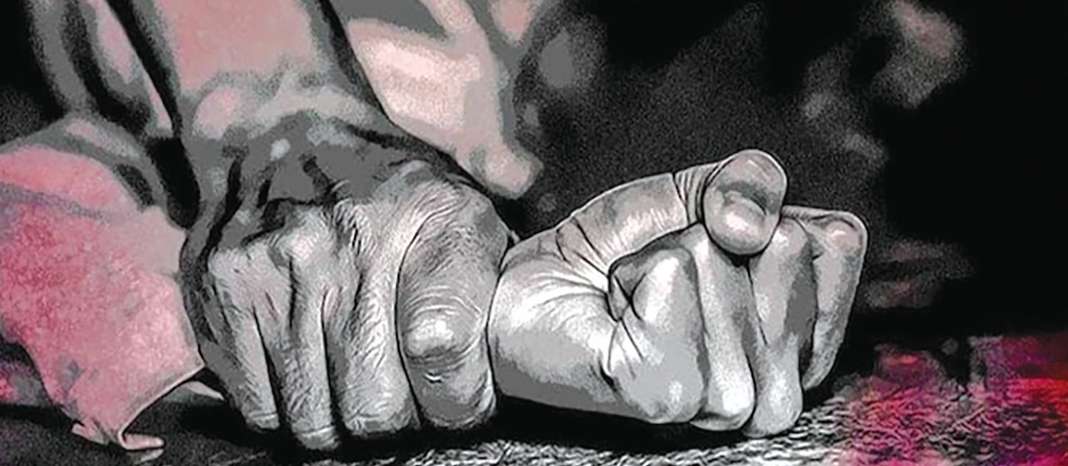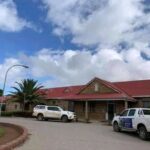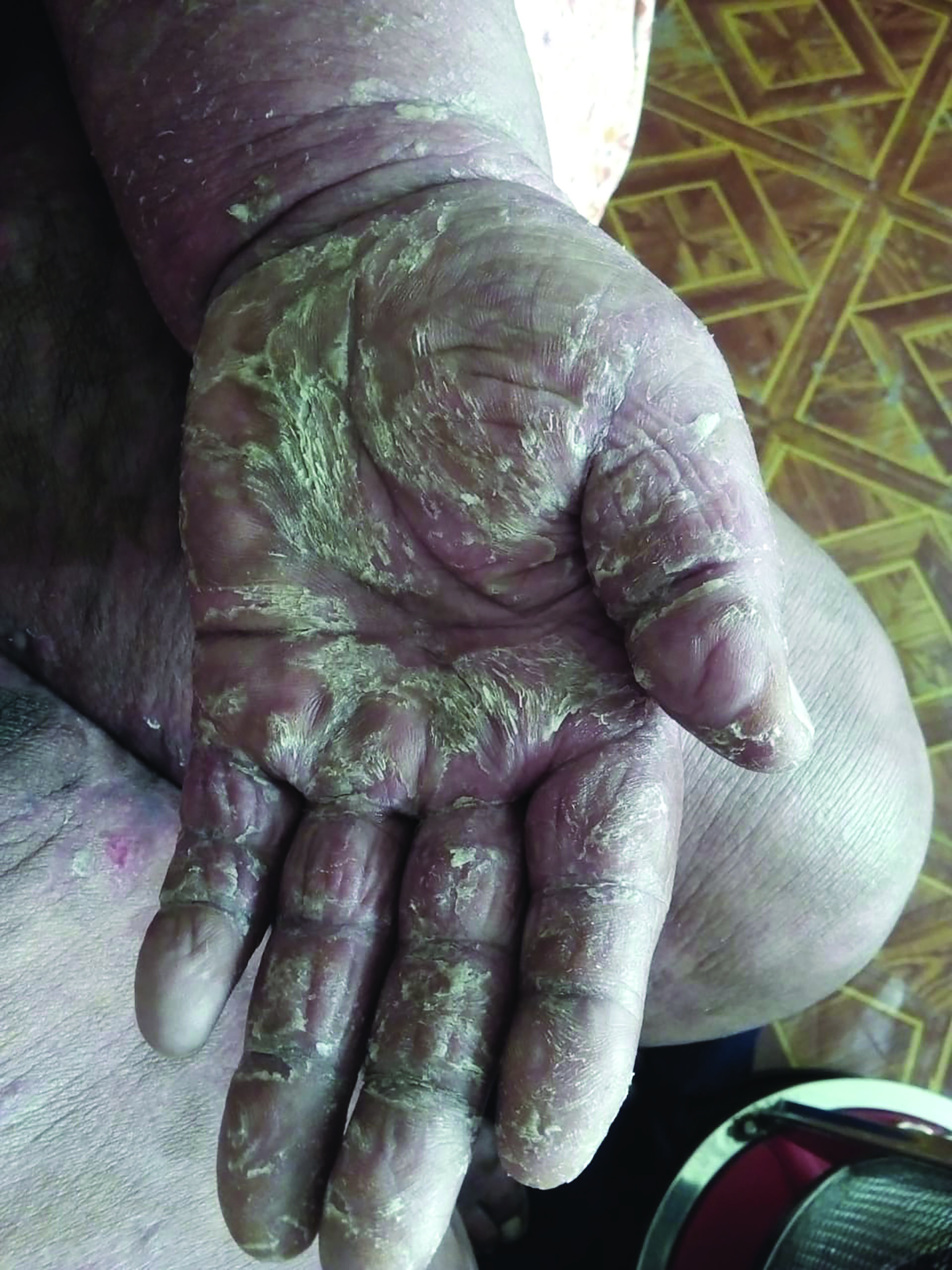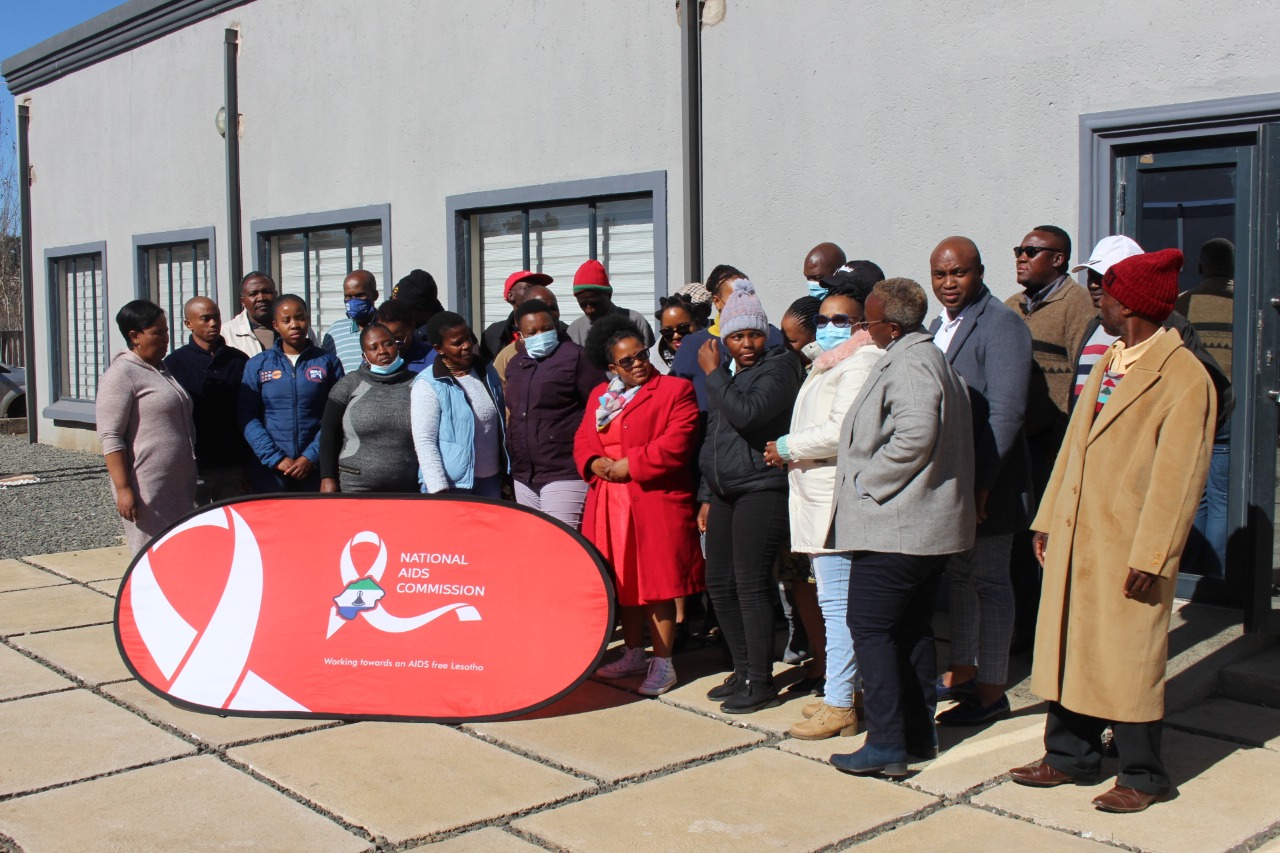Lisemelo Seboka* carries a burden that is neither visible nor tangible but deeply embedded in her soul – a silent wound that refuses to heal.
Her story is not just one of pain but of resilience in the face of a trauma that continues to shape her life. Eight years ago, Seboka’s world was shattered in a single night, a night that altered the course of her life indefinitely.
Even now, the memories remain vivid, lurking just beneath the surface of her daily routine.
“There is no place I can hide from what happened,” she says, her voice steady yet burdened with sorrow.
At 28, she is both a survivor and a single mother, navigating life between moments of strength and overwhelming sadness.
Seeking a fresh start, she left Lesotho for South Africa, hoping to leave the painful past behind. But every time she takes her daily HIV medication, she is reminded of that fateful night – a cruel reality that refuses to be forgotten.
The night that changed everything
Seboka did not contract HIV through reckless choices. It was violently imposed upon her. The trauma followed her even as she tried to rebuild her life. She took a job as a maid in Maseru, seeking stability for herself and her child. It was in this position that she suffered yet another betrayal of trust.
One evening, left alone with her employer’s son, what seemed like an innocent request for a phone quickly escalated into a nightmare. What followed was a brutal assault that stripped away her sense of safety.
“He told me not to scream. We fought, but I got tired, and he was stronger. I just lay there, helpless until he was done,” Seboka recalls, her voice barely above a whisper.
The next morning, despite her terror, she reported the attack to the police and sought medical help. But the legal battle proved to be another painful ordeal.
Reliving the trauma through court proceedings drained her mentally and physically.
“Everything was just so tiring. It was hard on my mind, my body, everything,” she says. The thought of facing her attacker in court became unbearable. Eventually, she made the difficult choice to withdraw the case and flee to South Africa, hoping to escape the trauma. But the pain followed her there, too.
As a domestic worker in South Africa, Lisemelo found herself constantly on edge, fearful of every man she encountered.
“Just seeing a man made me feel terrified. I was, and I still am, scared to be alone with any man,” she admits.
She switched jobs multiple times, each move fueled by an unrelenting search for a sense of security she could not find. One night, a male employer frightened her so much that she suffered a panic attack, landing her in the hospital. It was in that moment she realized she could not outrun her trauma.
The lifelong reminder
Every day, Seboka takes her HIV medication – a constant, bitter reminder of what was stolen from her.
“I was healthy the day I went to the doctor after I was attacked. But months later, I tested positive. Each pill is a painful reminder of the night my life was stolen.”
Lisemelo’s story is a stark testament to the lingering wounds of gender-based violence (GBV). It is a call to action for greater awareness, support, and justice for survivors.
“We need to remember that healing takes a long time, and some wounds never fully disappear. We must strive to build a society where survivors like me find compassion and support,” she urges.
The reality of gender-based violence in Lesotho
The Lesotho Mounted Police Service (LMPS) has reported alarming levels of GBV in the country.
In December 2024, Assistant Commissioner of Police, Tebello Tšepe, revealed that from January to September 2024 alone, 454 cases involving adults were recorded. Of these, 266 were sexual offences, primarily affecting women.
“Most victims of sexual offences are women or females. We also recorded 127 cases of assault, including common assault and grievous bodily harm (GBH), in which women were assaulted by their husbands, spouses, or intimate partners,” Tšepe stated.
Cases involving children were even more distressing, with 364 reported incidents, including 284 sexual offences.
“At least one girl was sexually assaulted every day in Lesotho from January to September 2024, making the country an unsafe place for girls aged 12 to 17 to live,” Tšepe disclosed.
A 2015 Gender-Based Violence Indicators Study by Gender Links found that 86 percent of women and 40 percent of men in Lesotho had experienced some form of violence in their lifetime. However, the vast majority of these cases go unreported, with survivors often too afraid or discouraged to seek legal or medical assistance.
According to an Afro-Barometer study, GBV ranks as the most pressing women’s rights issue in Lesotho. A staggering 53 percent of Basotho believe that violence against women is either a “somewhat common” (28 percent) or “very common” (25percent ) occurrence in their communities.
Seboka’s story is not just about her own suffering—it is about the countless other women who endure similar fates in silence. It is a call for justice, for stronger protections, and for a society that refuses to let these crimes go unpunished.
Gender-based violence is not just a women’s issue; it is a national crisis that demands urgent action. Survivors like Seboka need more than sympathy—they need support, legal protection, and a system that does not force them to relive their trauma in courtrooms that fail to deliver justice.
The scars of violence do not fade easily. But with collective action, advocacy, and systemic change, we can work towards a future where survivors are no longer left to suffer in the shadows.
*Not her real names*
Summary
- Her story is not just one of pain but of resilience in the face of a trauma that continues to shape her life.
- Eight years ago, Seboka’s world was shattered in a single night, a night that altered the course of her life indefinitely.
- One night, a male employer frightened her so much that she suffered a panic attack, landing her in the hospital.

Ntsoaki Motaung is an award-winning health journalist from Lesotho, specializing in community health stories with a focus on sexual and reproductive health and rights, as well as HIV. She has contributed to platforms like “Be in the KNOW,” highlighting issues such as the exclusion of people with disabilities from HIV prevention efforts in Lesotho.
In addition to her journalism, Ntsoaki serves as the Country Coordinator for the Regional Media Action Plan Support Network (REMAPSEN). She is also a 2023 CPHIA Journalism Fellow.










